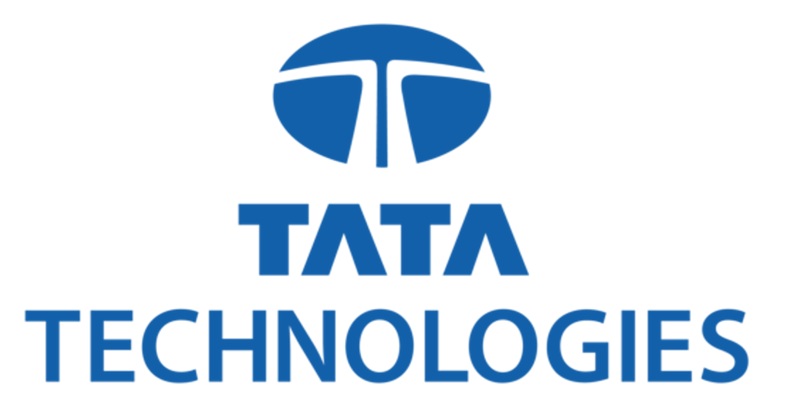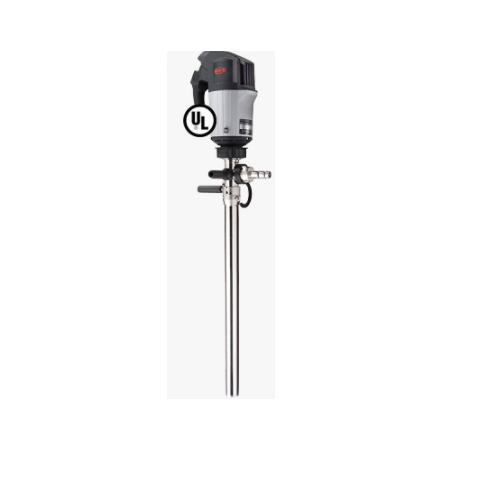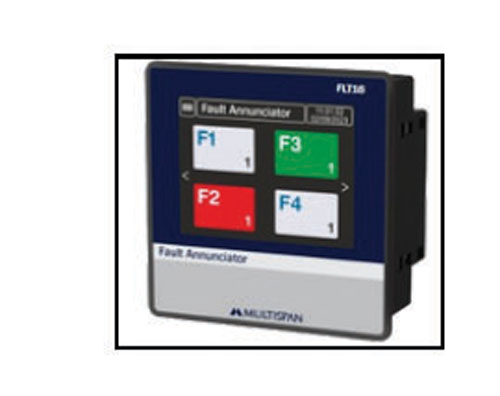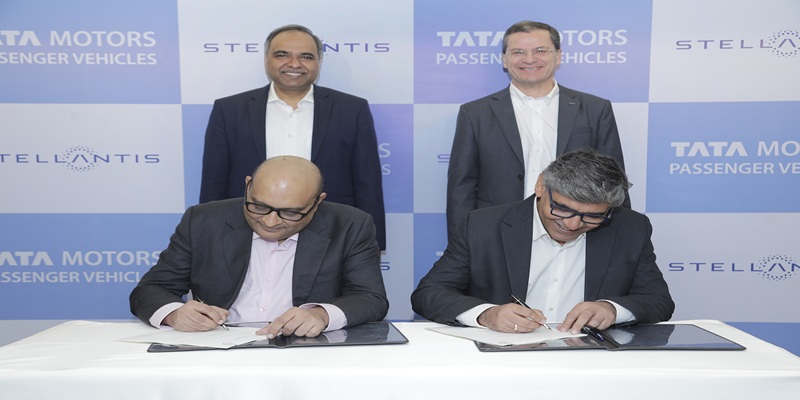Schedule a Call Back
Adopting a winning strategy for the Indian manufacturing industry
 Articles
Articles- Mar 01,19

Related Stories

Tata Technologies posts steady Q3 FY26 growth, signals margin rebound in Q4
Tata Technologies reported QoQ revenue growth in Q3 FY26 and expects over 10 per cent sequential growth with margin recovery in Q4.
Read more
Tata Technologies and Synopsys Collaborate to Drive Software-Defined Mobility
The companies will leverage each other’s expertise to provide innovative solutions that address SDV complexity and enable OEMs to lead in the rapidly evolving mobility landscape.
Read more
Tata Technologies buys Germany’s ES-Tec Group to boost global automotive ER&D
Tata Technologies’ acquisition of ES-Tec Group for €75 mn will strengthen its engineering research & development (ER&D) in ADAS, connected driving and digital engineering while deepening ties wi..
Read moreRelated Products

Amusement Park Equipment- White Water Ride
SICCO Engineering Works offers a amusement park equipment- white water ride.

Nylon Coated Roller
Jekmin Industries offers a wide range of
nylon coated roller.

Fault Annunciator
Insys Electrical & Controls offers a wide range of fault annunciator.














